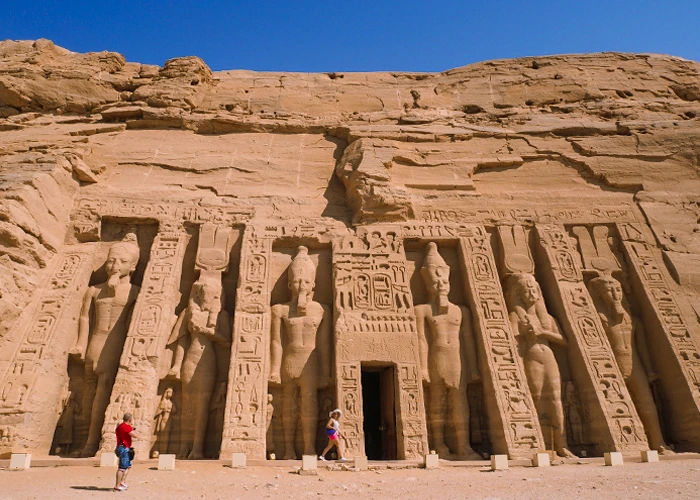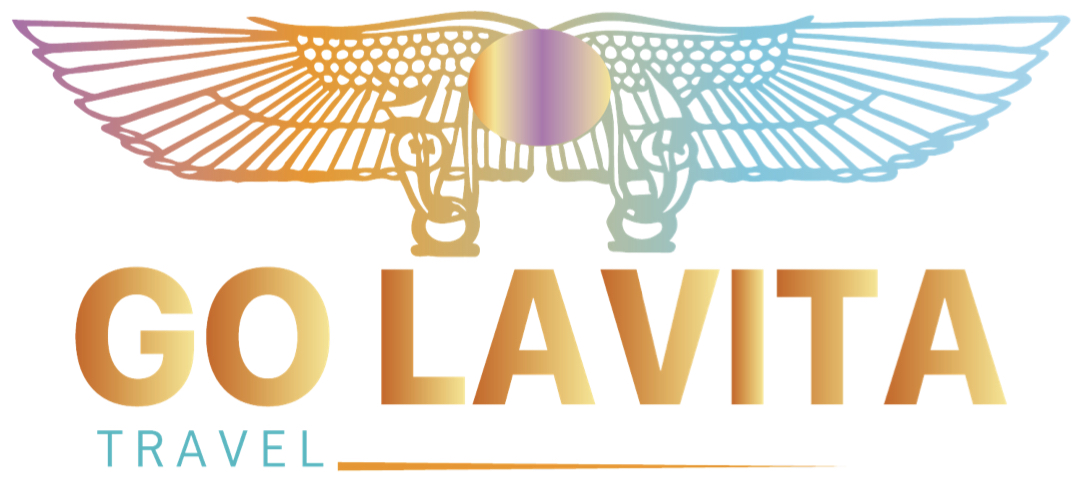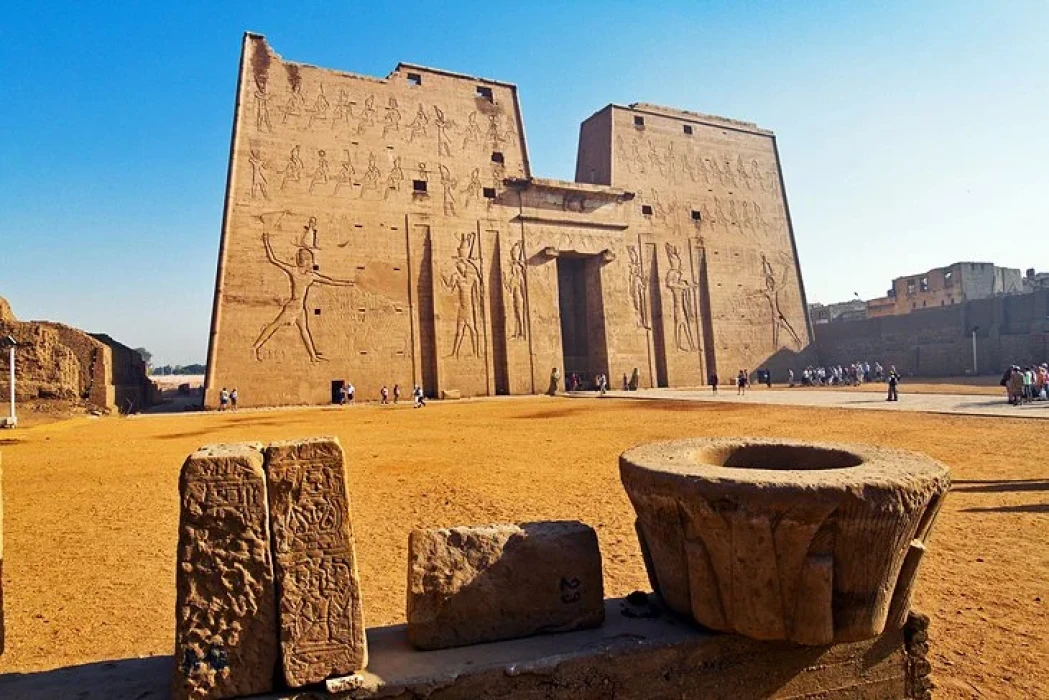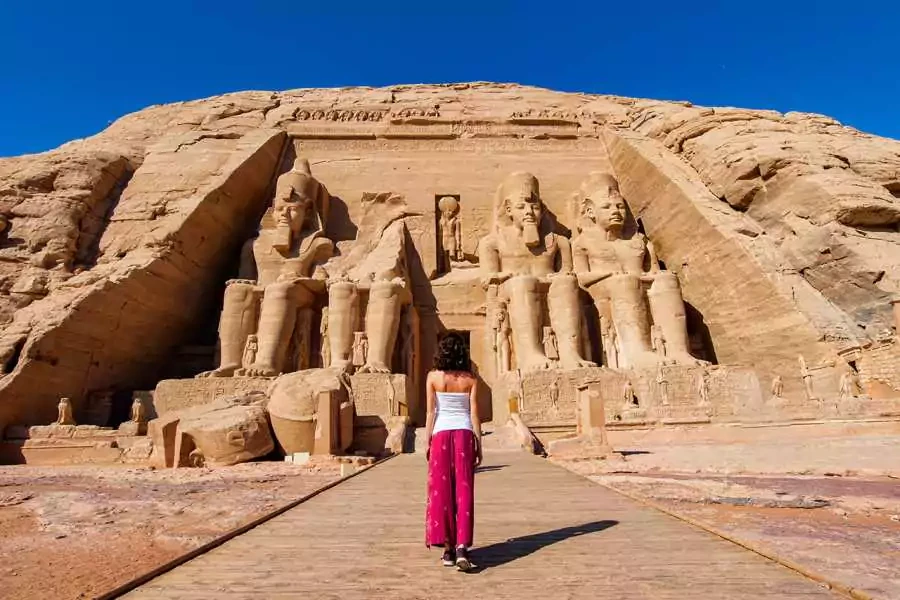
Egypt, the country where time stands still, has captivated people for thousands of years. Its imposing pyramids, extensive temples, and even its glyphs tell the story of a culture that inhabited the Nile valley for over thirty centuries. From the majestic pyramids of Giza right down to the concealed tombs of the Valley of the Kings, Egypt’s heritage remains monumental. Today, millions of people spend their vacations traveling to Egypt to experience its atmosphere and see the architectural masterpieces on their Egypt Tours. People have been traveling from all over the world for centuries to study and appreciate the Egyptian civilization, which has produced in every aspect of life, from spirituality to engineering.
The science used to study Egypt's antiquities, Egyptology, is the source of this unrelenting interest in the country's past. The field formerly known as ‘Egyptomania’ has become a true science, exploring the life and power of the pharaohs, decoding hieroglyphs, and searching for lost civilizations. The ancient Egyptian treasures are easily accessible with Egypt travel packages that are tailored to individual-specific tours and the desire to discover these wonders. Cairo day tours can be arranged for modern-day explorers, or you can fully explore history and culture with Luxor day tours.
The Origins of Egyptology
Greek historians like Herodotus and Strabo wrote about their trips to Egypt, where they were astounded by the pyramids and traditions. However, it was not until much later that Egyptology was formally established as an academic field. Napoleon Bonaparte's invasion of Egypt in 1798 proved to be an auspicious event. Starting with Napoleon's campaign to Egypt in 1798, "Description de l'Égypte" was Europe's description of the archaeological and cultural heritage of the country, accompanied by scientists and scholars.
This book exposed Europe to Egypt's ancient elite Egyptology, which changed forever with the discovery of the Rosetta Stone in 1799. In 1822, Jean-François Champollion cracked the first parts of hieroglyphic writing with the decipherment of the stone. It opened the door for later systematic work on the history, culture, and religion of Egypt. Rosetta Stone can be seen today at the British Museum.
Discover the Secrets of Egyptology
The 19th and 20th centuries were the great era of Egyptology, with the finds that changed all perspectives on the history of ancient Egypt. Howard Carter's most famous discovery was the tomb of King Tutankhamun in 1922. For this reason, this tomb, replete with beautiful relics, ranks as being one of the least disturbed tombs ever discovered. Its treasures, such as the famous golden mask, appealed to the world and attracted emphasis on the country’s archaeological values.
These sites are now common sites for Luxor and Aswan day tours because they display the achievements of ancient engineers and artists. The discovery of the Great Sphinx, which was buried under sand for many centuries, proved a place for Egypt in recorded history. These locations are not just tourist destinations; they are also windows into the past, which is why they are so well-liked by modern tourists. Golavita Travel offers Egypt classic tours in which reality and history meet with adventure.
The most famous books of Egyptology
The Egyptology has books that have helped to remember and learn about the culture and background before. Before the age of mass publication or publicly funded archaeology, there may not have been many books written in the field, for early scholars like Sir Flinders Petrie wrote this work down as soon as possible.
Egyptology books are available that cover the gamut from pyramids to everyday life during ancient times in Egypt. Beyond academics, these publications carry the ball because they arouse curiosity, generate current debates, and foster a greater understanding of Egyptian culture. They take you from a scholarly treatise to a travel guide but with these books, history becomes forever close.
The Role of Technology in Modern Egyptology
Recent advances in the study of Egyptology have incorporated technology, which has changed archaeologists' perspectives on ancient sites. Advanced 3D scanning, ground-penetrating radar, and DNA analysis have revealed hidden tombs, artifacts, and even cities. New finds reported by National Geographic in recent times include the "Lost Golden City," unsurprisingly near Luxor, and newly discovered rooms in the Great Pyramid. These modern innovations have made Egyptian history experiential and more interactive for Egyptians.
Travelers can experience ancient Egypt in an endless variety of ways, including virtual reality tours, holographic museum displays, and access to ongoing excavations. Most luxury Egypt tours include the site, so you can come and see for yourself the things that modern archaeologists have done. Egyptology as a science is a vivid example of people’s inalienable desire to know the truth and to continue searching even when no result is coming. We have witnessed the splendor and beauty of this cult civilization thanks to the Rosetta Stone and the finding of King Tutankhamun's tomb.
Egyptian antiquity has provided a positive example and a source of ideas for defining the modern world, starting with the construction of the pyramids and ending with the development of popular culture. In one form or another—through books about Egypt, discoveries made during the archaeological sites, and through visiting Egypt—the discovery and fascination with ancient Egypt continues to be exciting.
 English
English
 français
français
 español
español














